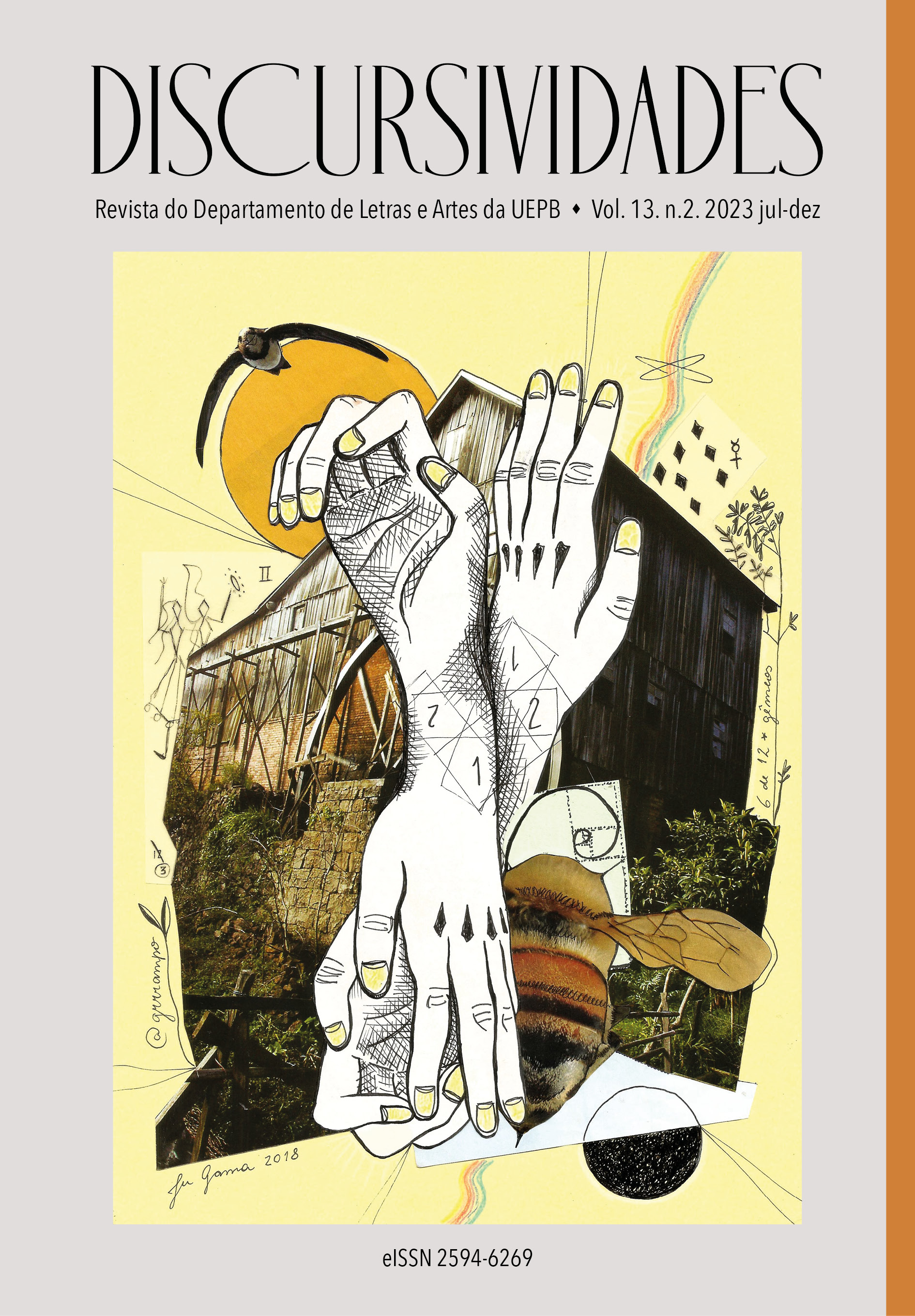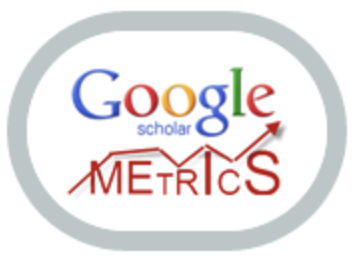Teacher representations: an analysis through enunciation
DOI:
https://doi.org/10.29327/256399.13.2-3Keywords:
Remote teaching. Enunciative voices. Representation.Abstract
This article seeks to discuss whether there are interferences in the professional representation triggered by teachers of the State Teaching Network of Paraíba, in the migration from the online context to the face-to-face context. This article aims to: analyze the concept of representation that underlies these teachers. For that, we analyzed the answers of these teachers, through an online questionnaire. As a theoretical support, we turn to Moscovici (1978, 2003), when he states that representation is constituted by human relationships, and in this interaction, subjects elaborate functions and behaviors inserted in a context; in the enunciative voices, proposed by Bronckart (1999), when arguing that the voices are entities that declare responsibility for what was enunciated, judging, evaluating and analyzing. The results indicate, in the teachers' speeches, an occurrence sometimes of the author's voice, sometimes of the character's voice, sometimes of the social voice
References
BRONCKART, Jean-Paul. Atividade de linguagem, textos e discursos: por um interacionismo sócio-discursivo. Trad. Anna Rachel Machado, Pericles Cunha, - São Paulo: EDUC, 1999.
BORTONI-RICARDO, Stella Maris. O professor pesquisador: introdução à pesquisa qualitativa. São Paulo: Parábola Editorial, 2008. p. 9-48.
CRUSOÉ, Nilma Margarida de Castro. A teoria das representações sociais em Moscovici e sua importância para a pesquisa em educação. Vitória da Conquista: Aprender, 2004, nº 2, p. 105-114.
GALVÃO, Ana Carolina; SALVIANI, Dermeval. Educação na pandemia: a falácia do “ensino remoto”. ANDES-SN, 2021, p 36-49
M.; HENRIQUES, S.; BARROS, D.; Transitando de um ensino remoto emergencial para uma educação digital em rede, em tempos de pandemia. In.: Revista Dialogia, São Paulo, n. 34, p. 351-364, jan./abr. 2020. Disponível :https://repositorioaberto.uab.pt/bitstream/10400.2/9756/1/2020_Transitando%20de%20um%20ensino%20remoto%20emergencial%20para%20uma%20educa%c3%a7%c3%a3o%20digital%20em%20rede%2c%20em%20tempos%20de%20pandemia.pdf&gt. Acesso em: 10 de jan. 2022.
PRODANOV, Cleber Cristiano; FREITAS, Ernani Cesar de. Metodologia do trabalho científico. métodos e técnicas da pesquisa e do trabalho acadêmico. 2. ed. Novo Hamburgo: Feevale, 2013.
SANTOS, Patrícia Irene dos. Profissão docente: um estudo das representações sociais do ser professor. Dissertação 116f. (Mestrado em Educação). Universidade Federal de Pernambuco – UFP, Recife, 2010.
SANTOS, E. dos; LIMA, I. de S.; SOUSA, N. J. de. “Da noite para o dia” o ensino remoto: (re)invenções de professores durante a pandemia. Revista Brasileira de Pesquisa (Auto)Biográfica, Salvador, v. 05, n. 16, p. 1632-1648, Edição Especial, 2020. Disponível em: https://www.revistas.uneb.br/index.php/rbpab/article/view/9178/7325. Acesso em: 20 de jan. 2023.
Downloads
Published
How to Cite
License
Copyright (c) 2023 Marcos Marques Silva ; Williany Miranda da Silva

This work is licensed under a Creative Commons Attribution 4.0 International License.
Authors who publish in this journal agree to the following terms:
a) Authors retain copyright and grant the journal the right of first publication. The articles are simultaneously licensed under the Creative Commons Attribution 4.0 International Public License (CC BY 4.0) which allows the sharing of the work with acknowledgment of its authorship and initial publication in this journal.
b) Discursividades journal offers immediate free access to its content, following the principle that making scientific knowledge available to the public free of charge provides greater global democratization of knowledge.






